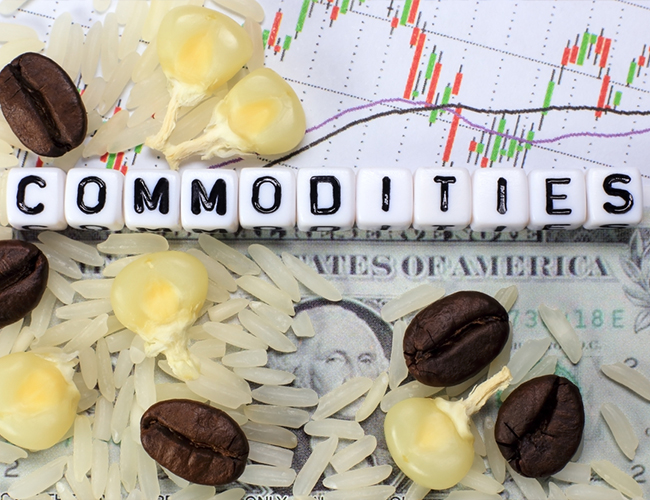Regulation
The commodity market in India is regulated by the Securities and Exchange Board of India (SEBI). SEBI oversees the functioning of commodity exchanges, ensuring fair practices and investor protection.
The commodity market is a financial market where raw or primary products are traded. These products can be classified into broad categories such as agricultural products (like wheat, corn, and coffee), energy products (such as crude oil and natural gas), metals (like gold, silver, and copper), and other raw materials.
The Indian commodity market is a significant part of the country's economy, playing a crucial role in the trading of various raw materials and goods.

The commodity market in India is regulated by the Securities and Exchange Board of India (SEBI). SEBI oversees the functioning of commodity exchanges, ensuring fair practices and investor protection.
There are several commodity exchanges in India, with the Multi Commodity Exchange (MCX) and the National Commodity & Derivatives Exchange (NCDEX) being the prominent ones. These exchanges provide platforms for trading commodities such as gold, silver, crude oil, agricultural products, metals, and more.
Commodity trading in India primarily involves futures and options contracts. Futures contracts obligate the buyer to purchase the commodity at a predetermined price on a future date, while the seller commits to selling it. Options contracts provide the buyer with the right, but not the obligation, to buy or sell the commodity at a predetermined price within a specified period.
Various entities participate in the Indian commodity market, including producers, traders, investors, and speculators. Producers use the market to hedge against price fluctuations, while traders and investors seek profit opportunities. Speculators, on the other hand, engage in trading solely for profit, without any interest in physical possession of the commodity.
Commodity markets facilitate price discovery, allowing buyers and sellers to determine fair prices based on supply and demand dynamics, global trends, geopolitical factors, and other relevant information.
One of the primary functions of commodity markets is risk management. Participants use futures and options contracts to hedge against price volatility, thereby mitigating the risk of adverse price movements.
Commodities traded in Indian markets can be broadly categorized into agricultural commodities (such as wheat, rice, cotton, etc.), metals (gold, silver, copper, etc.), energy (crude oil, natural gas, etc.), and other miscellaneous commodities.